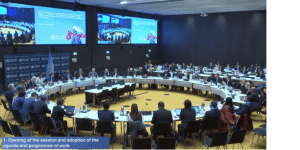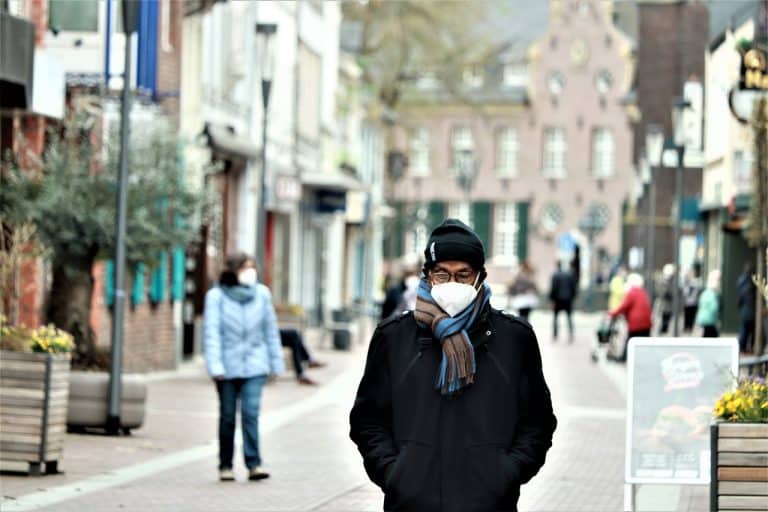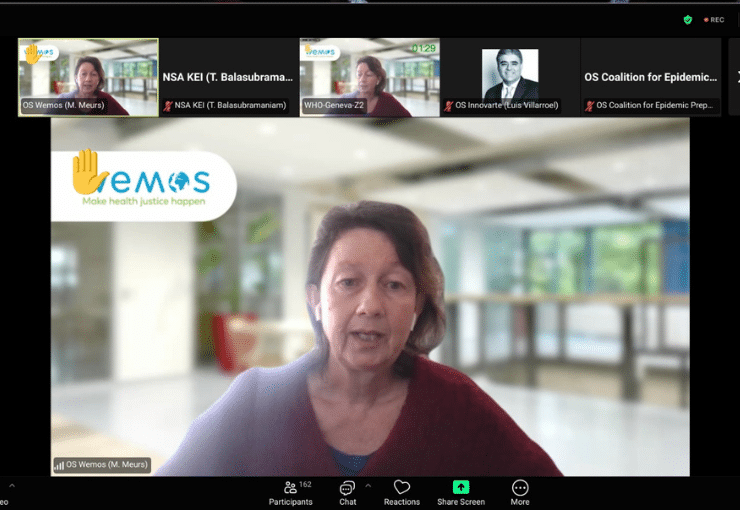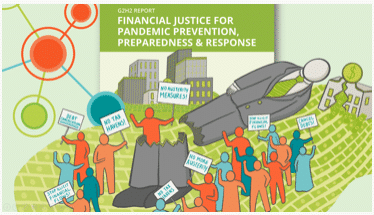 Member states of the World Health Organization gathered in Geneva from 4 – 15 November for the 12th round of negotiations on a pandemic agreement. Progress is slow, stumbling blocks including access to medical countermeasures, sharing of knowledge and technology and commitments to invest in prevention and surveillance of new outbreaks that have the potential of becoming a pandemic. Moreover, there is not enough attention for the need for equitable finance.
Member states of the World Health Organization gathered in Geneva from 4 – 15 November for the 12th round of negotiations on a pandemic agreement. Progress is slow, stumbling blocks including access to medical countermeasures, sharing of knowledge and technology and commitments to invest in prevention and surveillance of new outbreaks that have the potential of becoming a pandemic. Moreover, there is not enough attention for the need for equitable finance.
Key divides
Major discrepancies need to be overcome. Low- and middle-income countries are prioritizing equitable access to medical products, along with the means to produce them, including know-how and intellectual property rights. On the contrast, high-income countries are defending intellectual property rights, avoiding commitments to compulsory transfer of technology.
And while high-income countries are pushing for stronger measures to prevent outbreaks and strive for maximal access to information on pathogens, low- and middle-income countries are seeking clarity on the budgetary implications of committing to such obligations on prevention. Additionally, they want increased access to the vaccines, medicines and diagnostics that are developed on the basis of the information on pathogens that they share.
Urgent need for equitable financing
Financing for the implementation of the agreement is not receiving the attention it should, in our view. Without additional, predictable and fair financing measures, there is a high risk that commitments either do not get implemented, or that the costs of implementation weigh so heavily on national budgets that other crucial health investments – such as those in primary health care – suffer.
Using statements to get our messages across
Wemos global health advocate Mariska Meurs was in Geneva to bring our call for better and fair financing to the attention of delegates. She had the opportunity to read out a statement during the first week of the meeting. She called on governments to include binding commitments for sustainable, fair and additional financing, to ensure that all countries can equally invest in pandemic prevention, preparedness and response.
We also aligned with the Geneva Global Health Hub on a statement that was presented in the second week of this round of negotiations. It focused on Article 20, considering it a chance to secure binding financial commitments, tackle global inequities, and prioritize public health over donor-driven projects.
Next steps
The negotiations are scheduled to continue until the World Health Assembly in May 2025, with three more rounds of talks planned. We will keep you posted.





